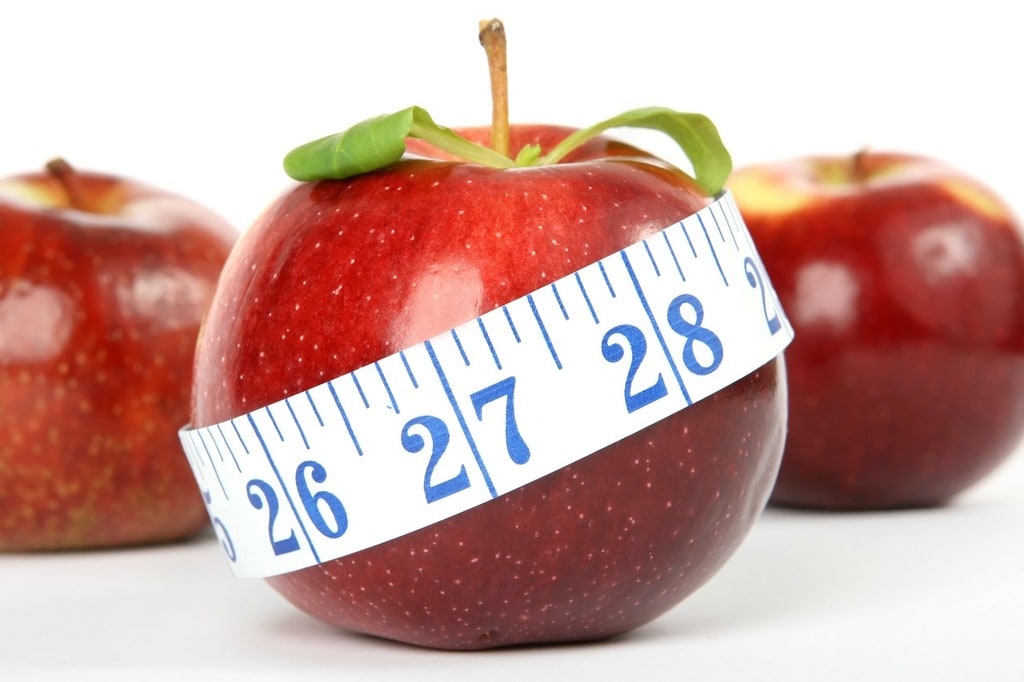Living a balanced and healthy life requires a multifaceted approach that encompasses various aspects of physical, mental, and emotional well-being. It is about making informed choices that foster a harmonious lifestyle. Whether you are striving for better physical health, improved mental clarity, or a sense of peace and happiness, integrating the right practices into your daily routine can lead to significant improvements in your overall quality of life.
Strategies for Achieving a Balanced and Healthy Life
Maintaining a balanced and healthy life is not just about avoiding illnesses but also about nurturing one’s body and mind through thoughtful habits. Implementing small yet impactful changes can create a lasting positive effect on your well-being. This section will provide insights into various strategies that can help you achieve this balance.
Regular Physical Activity
Engaging in regular physical activity is essential for maintaining good health. Exercise helps in strengthening the cardiovascular system, improving muscle tone, and boosting mental health. It doesn’t necessarily mean spending hours at the gym; even moderate activities like walking, cycling, or yoga can be incredibly beneficial. Aim for at least 150 minutes of moderate aerobic exercise or 75 minutes of vigorous activity per week. Consistency is key in making exercise a part of your routine.

Balanced Nutrition
Eating a balanced diet rich in nutrients is vital for sustaining energy levels and preventing chronic diseases. Focus on incorporating a variety of foods into your meals, including fruits, vegetables, lean proteins, whole grains, and healthy fats. Avoid processed foods high in sugars and unhealthy fats. Remember that hydration is also a crucial part of a balanced diet. Drinking plenty of water helps in maintaining bodily functions and improving cognitive performance. Strive to make nutritious choices and listen to your body’s hunger and fullness cues.
Mental Health and Stress Management
Mental health is as important as physical health when it comes to leading a balanced life. Chronic stress can have adverse effects on both the mind and body. Implementing stress management techniques such as mindfulness, meditation, and deep breathing exercises can significantly reduce stress levels. Taking time for hobbies, socializing with loved ones, and ensuring adequate rest are also vital. Self-care is not a luxury but a necessity for maintaining mental well-being.
Quality Sleep
Adequate sleep is fundamental for health and well-being. Poor sleep can lead to various health issues, including impaired cognitive function, weakened immune response, and increased risk of chronic diseases. Create a relaxing bedtime routine, avoid screens before sleeping, and ensure your sleeping environment is comfortable and conducive to rest. Aim for 7-9 hours of quality sleep each night to allow your body to recover and rejuvenate.
Healthy Relationships
Healthy relationships play a significant role in overall well-being. Positive social interactions can enhance mood, reduce stress, and improve longevity. Nurturing relationships with family, friends, and community members provides emotional support and a sense of belonging. Practice good communication, show appreciation, and make time for those who matter in your life. Strong, supportive relationships are a cornerstone of a balanced and healthy life.
Practical Tips for Everyday Life
Implementing small changes in your daily routine can make a big difference in maintaining a balanced and healthy lifestyle. Here are some practical tips to consider:
- Start your day with a nutritious breakfast to fuel your body and mind.
- Stay active by taking short breaks to stretch or walk during your workday.
- Plan your meals ahead to avoid unhealthy, last-minute food choices.
- Practice gratitude by acknowledging positive aspects of your life each day.
- Limit screen time and engage in activities that promote relaxation and creativity.
Engaging in Mindful Practices
Mindfulness practices, such as meditation, yoga, and journaling, can help you stay grounded and present. These activities encourage a greater awareness of your thoughts, feelings, and surroundings, which can improve emotional regulation and reduce stress. Integrating mindful practices into your daily routine can enhance your overall sense of well-being and foster a more balanced life.
Regular Health Check-ups
Routine health check-ups are essential for early detection and prevention of potential health issues. Regular visits to healthcare professionals for screenings, vaccinations, and assessments can help maintain optimal health. Keeping track of your health metrics, such as blood pressure, cholesterol levels, and blood sugar, allows you to take proactive steps in managing your health. Preventive care is a proactive approach to maintaining a balanced and healthy life.
Living a balanced and healthy life is about making intentional choices that support your physical, mental, and emotional well-being. By incorporating these strategies into your daily routine, you can create a harmonious lifestyle that promotes longevity, happiness, and overall health.
